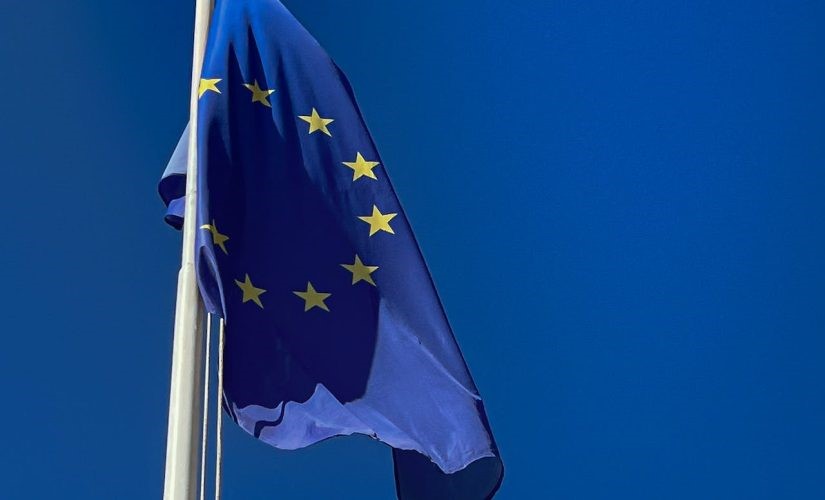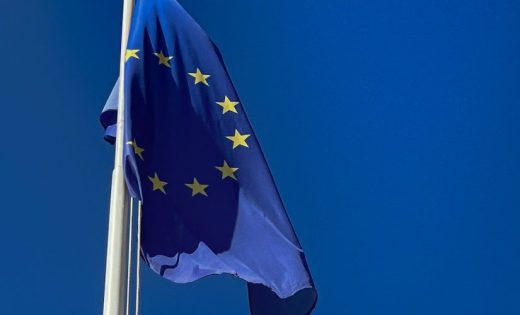EU sets global precedent with comprehensive AI regulation deal
EU sets global precedent with comprehensive AI regulation deal

In a move that positions the European Union at the forefront of technological governance, EU negotiators have reached a historic agreement on the world’s first comprehensive AI regulations, as per reporting by the Associated Press. The deal, known as the Artificial Intelligence Act, marks a significant milestone in legal oversight for AI technology, which has shown transformative potential while raising concerns about its societal impact.
The agreement was finalized after intense negotiations between the European Parliament and the EU’s 27 member countries. These discussions focused on resolving key differences on contentious issues, including generative AI and the use of facial recognition surveillance by police forces. European Commissioner Thierry Breton heralded the deal as a pioneering step, making the EU the first continent to establish clear rules for AI use.
Generative AI and facial recognition: Key points of contention
Central to the negotiations was the rapid emergence of generative AI systems like OpenAI’s ChatGPT. These systems have captivated global attention with their human-like capabilities but have also sparked debates over potential risks to jobs, privacy, and even human life. The AI Act, initially proposed in 2021, has been updated to reflect these latest developments in generative AI. It categorizes AI functions based on risk levels and includes provisions for foundation models that underpin general-purpose AI services. These models will now require technical documentation, compliance with EU copyright law, and transparency in training content.
One of the most contentious topics during the negotiations was the use of AI-powered facial recognition surveillance. However, EU negotiators reached a compromise, allowing law enforcement to use such systems for tackling serious crimes, despite concerns from rights groups about privacy infringements.
The AI Act’s impact could extend beyond the EU, setting a global standard for AI regulation. Companies subject to these rules may extend some obligations to other markets for efficiency. The Act also highlights the EU’s commitment to balancing technological innovation with the need for safety and ethical considerations.
The final text of the AI Act, however, has drawn criticism from civil society groups and rights organizations. Concerns include exemptions for law enforcement, lack of protection in migration and border control, and potential loopholes for developers to avoid classification of their systems as high-risk.
The post EU sets global precedent with comprehensive AI regulation deal appeared first on ReadWrite.
(19)


